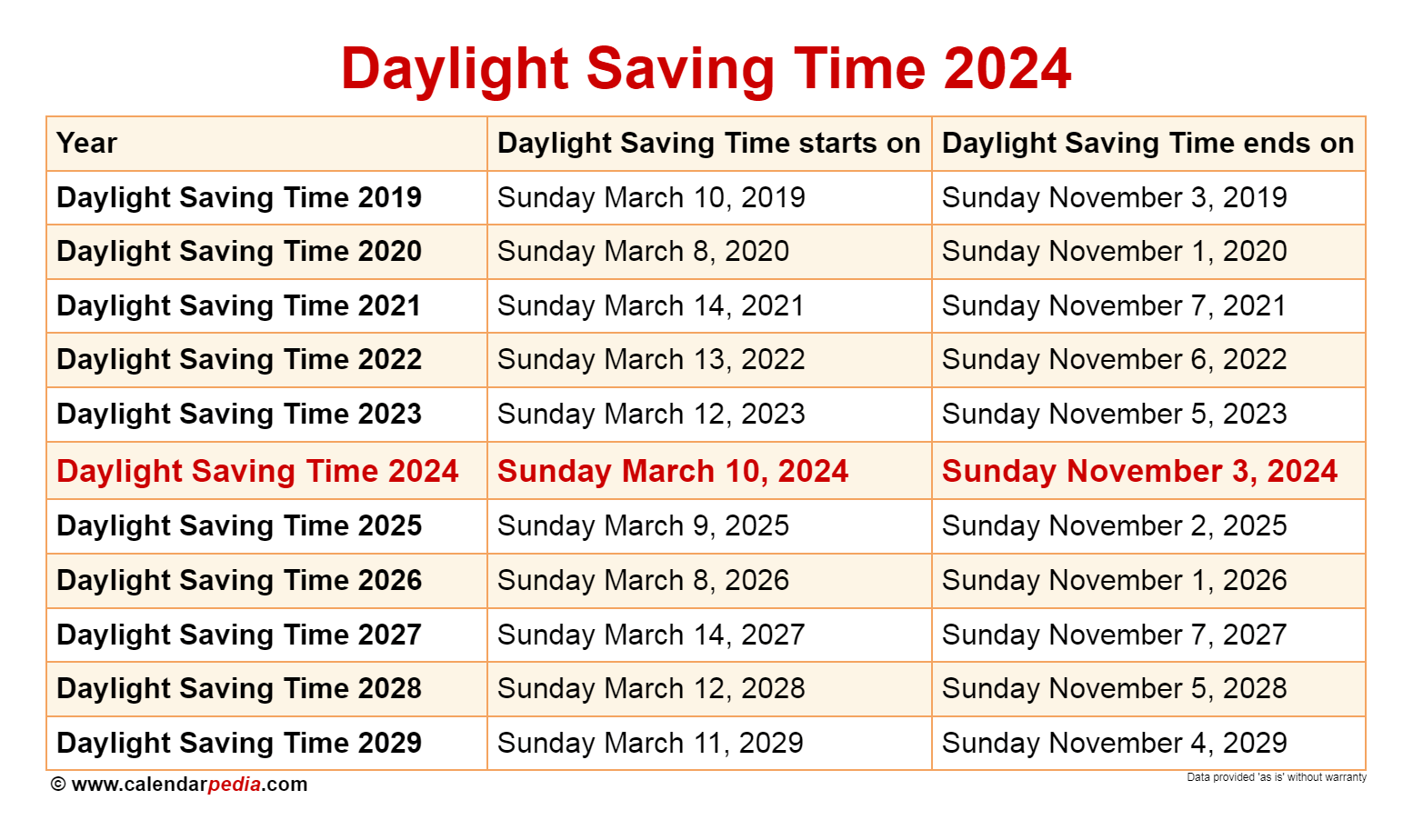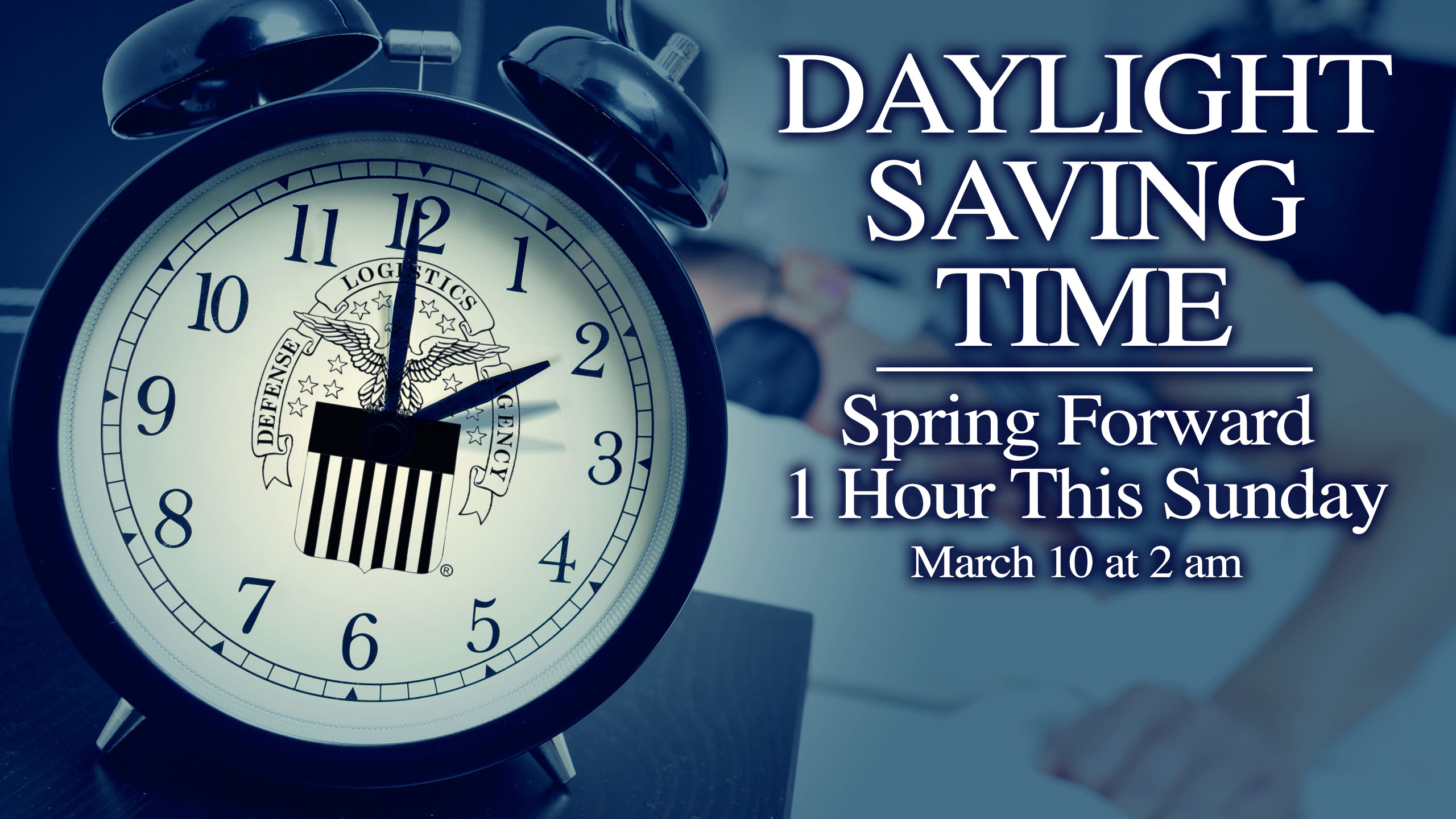Current News on Daylight Saving Time
As the 2024 Daylight Saving Time (DST) approaches, discussions and updates surrounding the practice are gaining momentum. With over 5 million search results available, various news outlets are covering the implications, changes, and debates related to this twice-yearly clock adjustment. Here’s a comprehensive overview of the latest developments.
Key Dates for Daylight Saving Time 2024
Daylight Saving Time for 2024 is set to begin on March 10, 2024, at 2 a.m. EST, when clocks will "spring forward" by one hour. The period will end on November 3, 2024, at 2 a.m. EST, when clocks will "fall back" by one hour. This annual adjustment is designed to make better use of daylight during the longer days of summer.
Historical Context
The concept of Daylight Saving Time was first implemented by Germany on April 30, 1916, during World War I, as a way to conserve fuel. The United States adopted it much later, in 1966, with the Uniform Time Act. Over the years, the practice has been met with both support and criticism, leading to ongoing debates about its effectiveness and necessity.
Current Legislative Efforts

Sunshine Protection Act
One of the most significant legislative efforts in recent years is the Sunshine Protection Act, which aims to make Daylight Saving Time permanent across the United States. This bill has been reintroduced by Senator Marco Rubio and has garnered attention as more states express interest in eliminating the biannual clock changes. However, federal law currently prevents states from adopting permanent Daylight Saving Time without congressional approval.
State-Level Decisions
As of now, Arizona and Hawaii are the only states that do not observe Daylight Saving Time. Additionally, certain territories such as Puerto Rico, Guam, and American Samoa also opt out of the time change. The debate continues as more than 29 states have considered legislation to either adopt permanent Daylight Saving Time or abolish it altogether.
Recent News Highlights
USA Today reported on the upcoming changes, emphasizing the historical context of Daylight Saving Time and its energy-saving benefits. A study by the Department of Energy found that the extra four weeks of DST saved approximately 1.3 billion kilowatt-hours of electricity annually in the U.S. (Read more).
NBC Chicago highlighted which states will not "fall back" this year, reiterating that standard time is the local time when DST is not in effect. (Read more).
NPR discussed the ongoing debate about whether to end the time change altogether, noting that many states are pushing for legislation to make DST permanent, but such changes require federal approval. (Read more).
Yahoo News provided insights into the upcoming end of Daylight Saving Time, reminding readers of the extra hour of sleep they can expect when clocks fall back. (Read more).
CBS News reported on the historical context of Daylight Saving Time and the public's mixed feelings about the twice-yearly clock changes. (Read more).
Public Opinion and Expert Insights
The public's opinion on Daylight Saving Time is divided. Some appreciate the extra hour of daylight in the evening, while others argue that the time change disrupts sleep patterns and can lead to health issues. Sleep experts have suggested that a switch to standard time year-round may be more beneficial for public health.

Conclusion
As the 2024 Daylight Saving Time approaches, the conversation surrounding its future continues to evolve. With legislative efforts underway and public opinion shifting, the fate of this long-standing practice remains uncertain. Whether it will be abolished, made permanent, or continue as is, the upcoming months will be crucial in determining the future of Daylight Saving Time in the United States.
For more detailed updates, you can follow the ongoing news coverage on platforms like USA Today, NBC News, and NPR.





